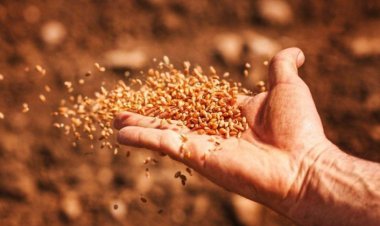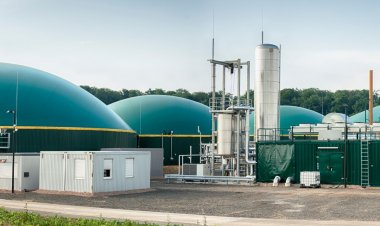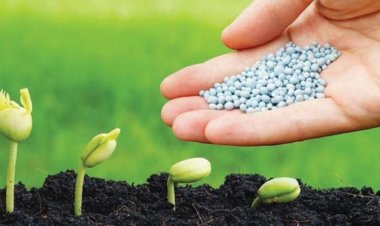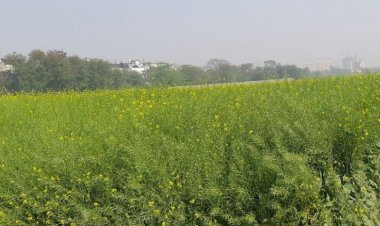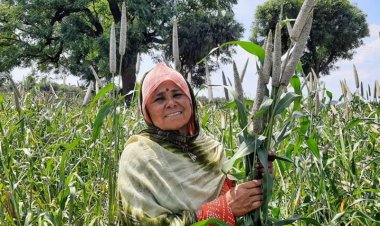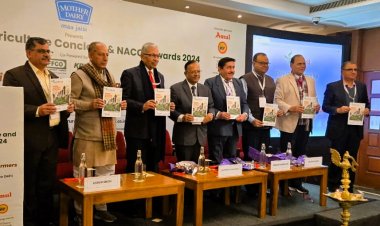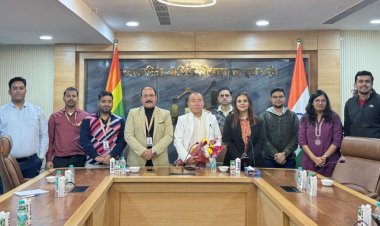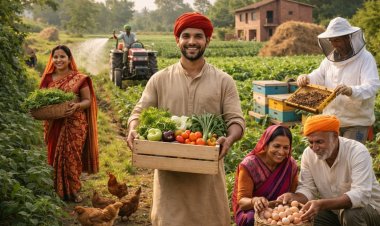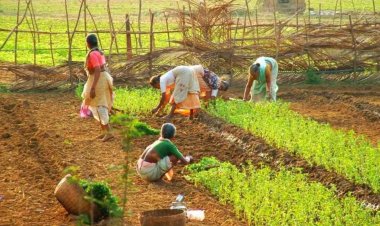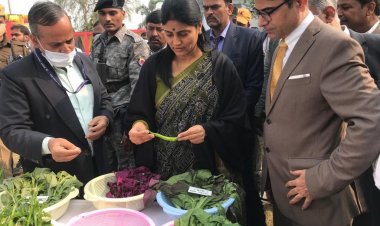Agri innovator Corteva helps farmers in maintaining soil health
Maintaining soil health is not a one-time task, but a continuous process where all stakeholders like representatives from government, industry, private players in fertilizers and agro-chemicals, NGOs, scientists, and the farming communities must be consistently focused. Against this backdrop, Corteva as an agricultural innovator, believes in promoting sustainable agriculture and providing farmers with the most suitable and effective solutions to protect the health of their soil.
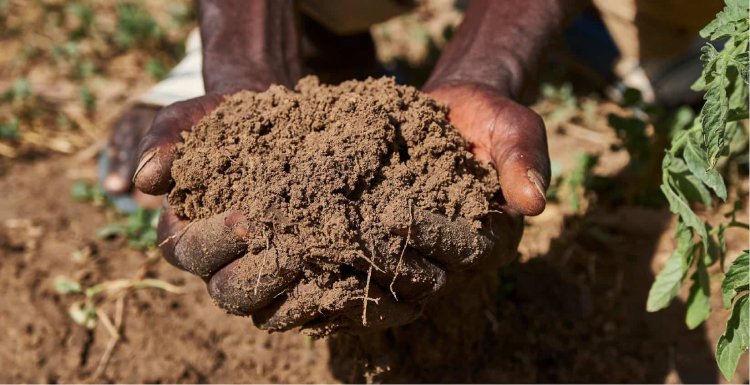
Maintaining soil health is not a one-time task, but a continuous process where all stakeholders like representatives from government, industry, private players in fertilizers and agro-chemicals, NGOs, scientists, and the farming communities must be consistently focused. Against this backdrop, Corteva as an agricultural innovator, believes in promoting sustainable agriculture and providing farmers with the most suitable and effective solutions to protect the health of their soil.
Corteva's green chemistry products are designed to minimize environmental impact while promoting sustainable agriculture. These products help maintain soil health by reducing nutrient loss, improving soil structure, and enhancing microbial activity. For instance, applying Direct Seeded Rice practices can lead to 35-37% reduction in water usage in rice farming, better soil health and reduced greenhouse gas emissions (by 20-30%), says company press note on the occasion of 'World Soil Day’.
It is essential to leverage modern technologies like satellite imaging and artificial intelligence to map, govern, and take corrective measures to improve soil health. A simple shift from merely managing the soil to proactively advancing soil health and recognizing the greater role it plays in benefiting farmland and the planet. A healthy soil is the foundation of crop productivity and sustainability.
According to a 2022 report by FAO, soil has been declared finite by the United Nations, which predicts catastrophic soil loss within 60 years. Worldwide, soil degradation could cost $23 million by 2050 due to the loss of food, ecosystem services, and income.
Soil health in agriculture is critical, with near-term impacts likely. Managing soil health allows farmers to work with the land – not against it – to reduce erosion, maximize water infiltration, improve nutrient cycling, save money on inputs, and ultimately improve the resiliency of their working land.
Farmers play a central role in this aspect. Food production relies on healthy soils to produce high and healthy crop yields. Farmers play a key role in the uptake and development of solutions that increase soil health. As custodians of the land with a deep connection and understanding of the soil in which they farm, farmers are leading the charge in soil regeneration and are setting a precedent for the future of soil-friendly farming.
"As our understanding of the importance of soil health increases, farmers are implementing a range of different soil-focussed agricultural approaches which in turn increases their productivity and profitability," says Corteva.
It says farmers can take several actions to preserve and promote the health of their soils, including:
- Minimizing disturbance by adopting practices like no-till or minimum tillage,
- Planting cover crops to preserve moisture and reduce erosion,
- Promoting biodiversity in their soils by minimizing farm inputs or wisely choosing inputs that are less disruptive to the beneficial organisms in the soil.



 Join the RuralVoice whatsapp group
Join the RuralVoice whatsapp group


















